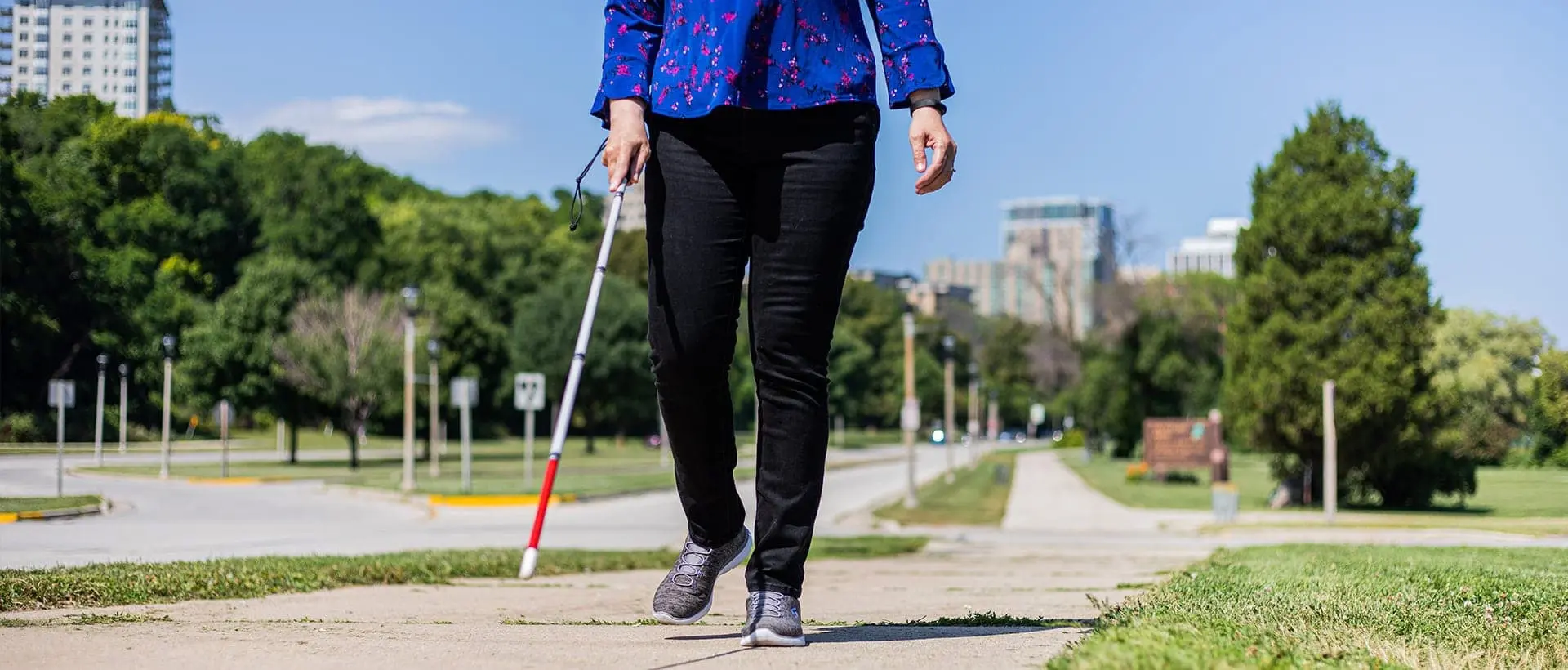Can Blindness be Cured?
Sometimes
Whether blindness is curable depends on the specific cause; some cases may be reversible with treatment, while others may require long-term management or adaptation to vision loss

What is Blindness?
Blindness refers to a significant loss of vision, either partial or complete. Causes can include eye diseases, trauma, or neurological conditions. Treatment depends on the underlying cause, and rehabilitation services are often important for individuals with visual impairment.

Clinical Aspects

Characteristics
Complete or significant loss of vision

Symptoms
Vision loss, difficulty seeing or total inability to see

Diagnosis
Ophthalmic assessments, imaging studies

Prognosis
Variable, contingent on the etiology of blindness

Complications
Impaired quality of life, heightened risk of accidents
Etiology and Treatment

Causes
Various causes, including eye diseases, injuries, genetic conditions, and systemic health issues

Treatments
Treatment depends on the underlying cause; some cases may be irreversible, while others may be managed or treated

Prevention
Treatment depends on the underlying cause; some cases may be irreversible, while others may be managed or treated
Public Health and Patient Perspectives

Epidemiology
Prevalent globally, with increased incidence in older age

Patient Perspectives
Rehabilitation services and social support play pivotal roles in adaptation
As always, consult with healthcare professionals for personalized advice and care.
Share: